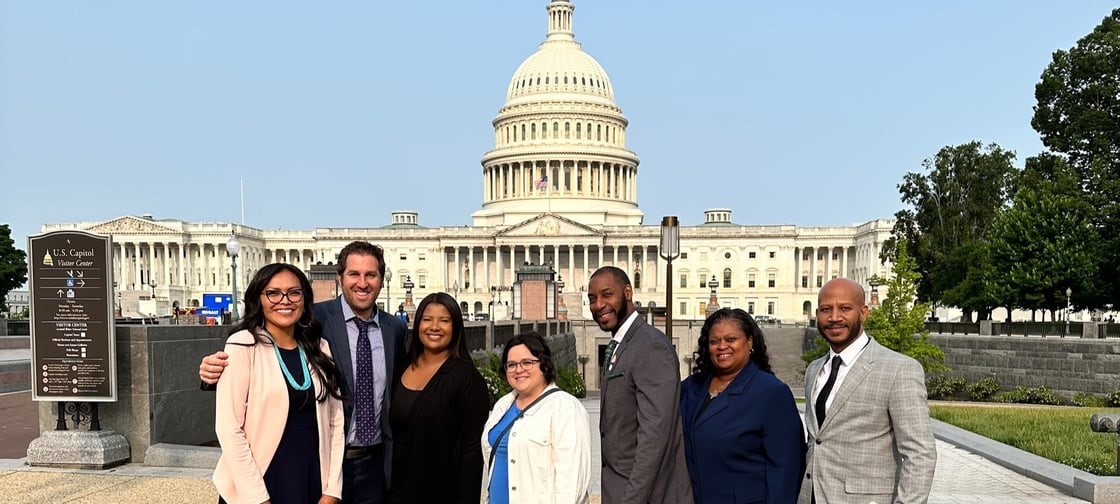In June, the California Public Employees’ Retirement System (“CalPERS”) denied employees of a California charter school, the Dehesa Charter School, the opportunity to participate in the state pension plan. This is the first time CalPERS has denied participation to any charter school, and it is alarming. Not only does CalPERS lack legal foundation for this denial, but the decision erodes a key component of charter school autonomy—the discretion to opt-into a state pension plan.
CalPERS argues it has taken this step to mitigate potential “risk” created by draft proposed regulations published by the Internal Revenue Service in late 2011. These draft regulations change the definition of a “political subdivision” so that many entities performing government functions (including, but not limited to, charter schools) might not be able to enroll their employees in their state retirement plans without subjecting their state plans to increased regulation and even possible penalty. However, these draft regulations are still winding their way through the formal rule-making process; no official rule-change has occurred, and no timeline for announcing a final rule has been made public.[1] Instead, CalPERS has determined independently that it will implement the draft proposed regulations as if they already have been made final, a premature decision with detrimental impact on California’s charter schools. CalPERS’s sister retirement plan, the California State Teachers’ Retirement System (“CalSTRS”), has not changed the way it treats charter schools’ instructional staff. CalSTRS’s consistent treatment of charter school teachers should be instructive to CalPERS. To suggest otherwise, is both disingenuous and reaches an absurd result (e.g., that some charter school staff members are eligible for state pension participation while others are not). It is critical to preserve the possibility for charter schools to opt-into state pension plans because it is often necessary to offer competitive benefits to a charter school’s workforce. In fact, according to research conducted by the National Alliance, nearly 93 percent of the nation’s charter school employees are enrolled in their respective state retirement systems. The California Charter School Association (“CCSA”) has been monitoring this issue and is helping push back. It has asked CalPERS to rescind the new policy, and is supporting an administrative appeal filed by Dehesa Charter School, a process that is being handled internally at CalPERS. CCSA says it is evaluating all its legal options to best protect its member schools from these kinds of arbitrary, unlawful actions. CalPERS must reconsider its decision. The California charter school statute explicitly permits all charter school staff, whether instructional or not, to enroll in the state pension plan, either CalPERS or CalSTRS. CalPERS cannot ignore the statute’s clear language and legislative intent while the IRS continues its internal deliberations.
[1]This is not a new issue for the National Alliance. We submitted a letter objecting to the draft proposed regulations, signed by 33 city- and state-based charter support organizations, in February 2012. A public hearing was held on the draft proposed regulations on July 7, 2012, at which the National Alliance testified. The IRS is now working to finalize another set of proposed regulations based on feedback received; the National Alliance continues to watch the IRS’s progress and keep the sector informed of any developments. Renita Thukral is the vice president of legal affairs at the National Alliance for Public Charter Schools. Learn More: National Alliance for Public Charter Schools: Protect Charter School Teacher Retirement Fundshttp://www.publiccharters.org/additional-pages/irs-proposed-regulations.aspx







